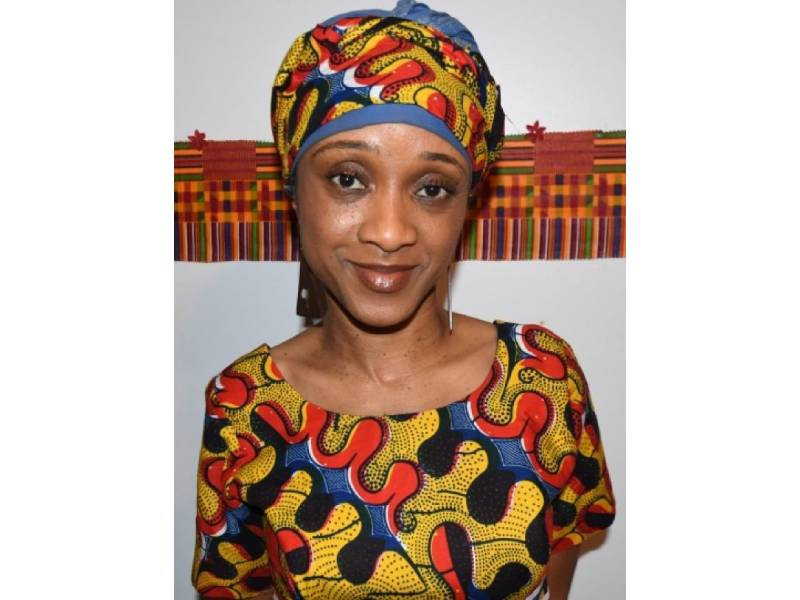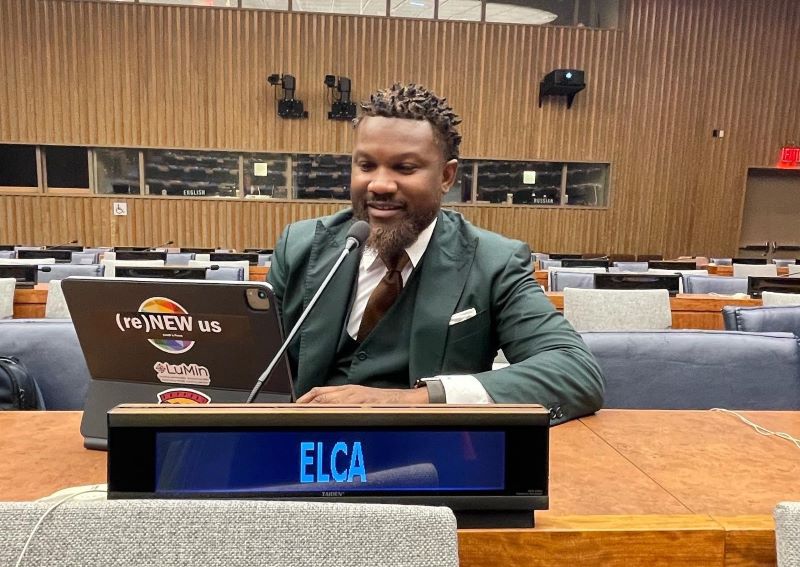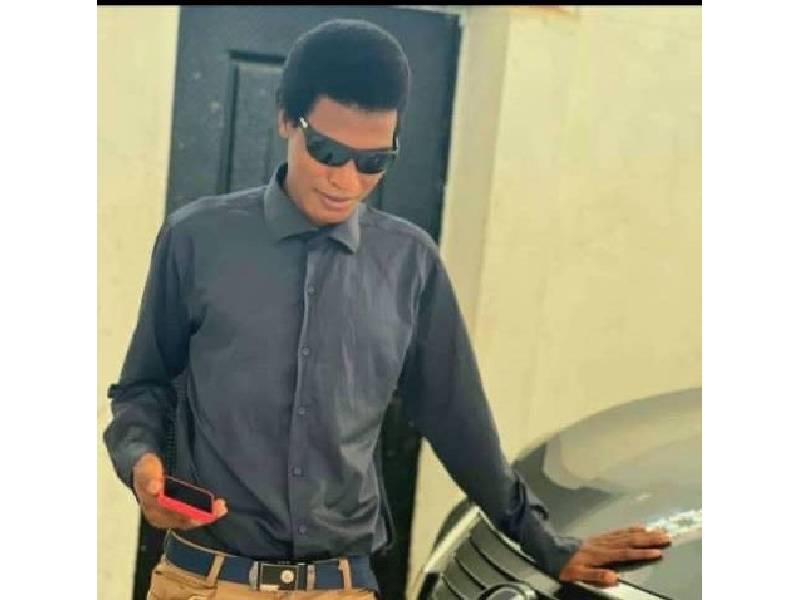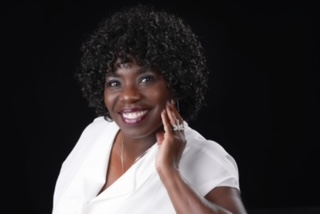
Serving as the Executive Director of the African Family Health Organization (AFAHO), Oni Richards is responsible for leading the development, implementation and management of health and human service programs for African and Caribbean immigrants and refugees in the greater Philadelphia area.
She brings more than eight years of public health program development and management experience in the position.
Under her leadership, AFAHO’s focus has expanded to holistically serve the needs of the target population with community based health and human services as well as educational programming for youth and adults.
Richards previously served as a consultant in the Africa Program of the American Friends Service Committee (AFSC) where she organized advocacy activities related to health, social and economic justice issues in Africa; with a focus on developing campaigns to impact U.S. congressional decisions on debt cancellation for African nations. She also spent time in Durban, South Africa creating programs for orphans impacted by the HIV/AIDS epidemic.
Richards was selected as a Visionary Emerging Leader by the Valentine Foundation and awarded a scholarship to attend the Non-Profit Executive Leadership Institute at Bryn Mawr College where she further sharpened her administrative and management skills.
She was also given the 2012 Echoes of Africa Community Service Award by the Mayor’s Commission on African and Caribbean Immigrant Affairs and a citation by the City Council of Philadelphia in 2013 for her work and dedication to the community she serves.
In 2015, Richards received the Community Leadership Award from ACANA for her efforts in addressing the health needs of the African Diaspora. She recently won first place as a Human Rights and Dignity Innovator from the Social Innovations Awards in Philadelphia. She has spoken nationwide in the U.S. and in African countries on the health needs and trends of her target population and serves on the planning committee of the U.S.
Conference on African Immigrant Health. Speaking to this magazine, Richards said the following: Meeting Ms. Tiguida Kaba, the founder of AFAHO was a defining moment as I was encouraged by her passion for her community and her willingness to go above and beyond to help others. I was working at the AFSC doing advocacy on debt cancellation but felt that work was very abstract.
I always knew that my career would involve working for Africans and Africa so when I met Ms. Kaba, it was easy to make the transition to getting involved in work to making a direct impact on people’s lives each day. I started as a volunteer with the AFAHO and now serve as the executive director. Knowing that my community both here and in Africa have so many more needs that have not been met is a motivator for me.
Challenges: As an immigrant woman of color, there have been many challenges. Recently, I was at an event and introduced to someone and she asked me what I do. I mentioned AFAHO and the work we do; her first question was “So are you a social worker or case manager there?”
When I responded with “No, I am the Executive Director,” she was visibly surprised. Being in a leadership role where a major part of my work involves developing relationships with funders and seeking funding, it is hard when people have a preconceived notion of you and your abilities.
I have often heard from other colleagues that “you need to hire a white woman to serve as your development officer or program manager to validate your program.” This really gets under my skin and saddens me as we shouldn’t be hearing those kinds of statements in 2018.

Do I want to have a diverse staff? Of course, but not for the wrong reasons. As women of color, we get put into many different boxes. Unfortunately, being a competent leader is not one of the boxes we often get placed in. It can be tiring, trying to make sure we have a seat at the table. Like many women before me, we must keep striving to not only have a seat, but sit at the head of the table.
We must be a part of the process as that is the only way the process serves us. There have been many women of color before me who had a more difficult time, and so it is only right that I pay my dues so that my daughter has it a lot easier
The other program that is very dear to me and one of our newer programs is the African Youth Empowerment Program (AYEP), an after school and summer program for middle and high school African immigrant youth, helping them with their homework; providing math and science tutoring; English As a Second Language support; health and other educational workshops; behavioral health activities and acculturation programming including taking them on trips around the city
I am most passionate about young people as they are the ones we need to prepare for the future; they are our most important resource. Too many of them fall through the cracks and never get to live up to their full potential. As this program grows and develops, I feel like it could have the biggest impact on our community
.
Bridging the Gap: Africans, African Americans and Caribbean, we are all one people. We need to honor that. I come from Liberia, but when I visited Haiti and Jamaica, I thought I was in Africa! When I visited the Gullah people in South Carolina, I thought I was with Africans! We are so much more alike than we are different. We all obviously come from the same root of a tree whose branches have been spread around the world. We need to stop focusing on what makes us different and focus on what can unite us.
Many of us have a false idea of who the other person is, mostly due to the media being our source of information. I tell my African brothers and sisters all the time that if it wasn’t for the struggles of our African American brothers and sisters, we wouldn’t be here and enjoying the freedoms we enjoy here.
Children and young people do not have as many barriers as adults. We must start by bringing the young people together to bridge the divide, since they have much more in common and can start to learn about and love and respect each other. We all need to come together in an honest and sincere way; getting to know each other on a deeper level. I hope AFAHO can do some of that with the AYEP program. Let the youth shame the adults and show us how this unity and love thing can be done!




